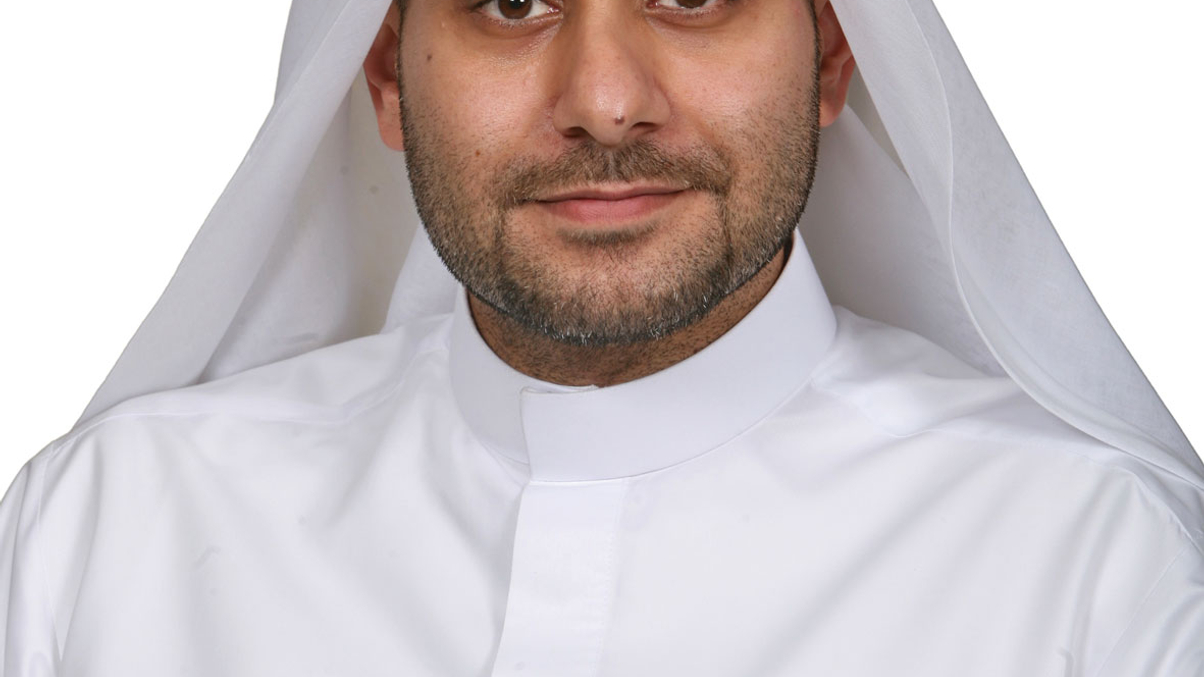Fund managers plan to boost risk next year
Asia-Pacific portfolio managers feel equities will outperform other asset classes next year, and that commodities and property are the most attractive alternative investments.

Investor optimism seems widespread that equities will rally next year; four in 10 portfolio managers plan to boost their allocation to risk assets and only two expect exposure to such investments to fall, according to an AsianInvestor survey*.
Sign in to read on!
Registered users get 2 free articles in 30 days.
Subscribers have full unlimited access to AsianInvestor
Not signed up? New users get 2 free articles per month, plus a 7-day unlimited free trial.
¬ Haymarket Media Limited. All rights reserved.


